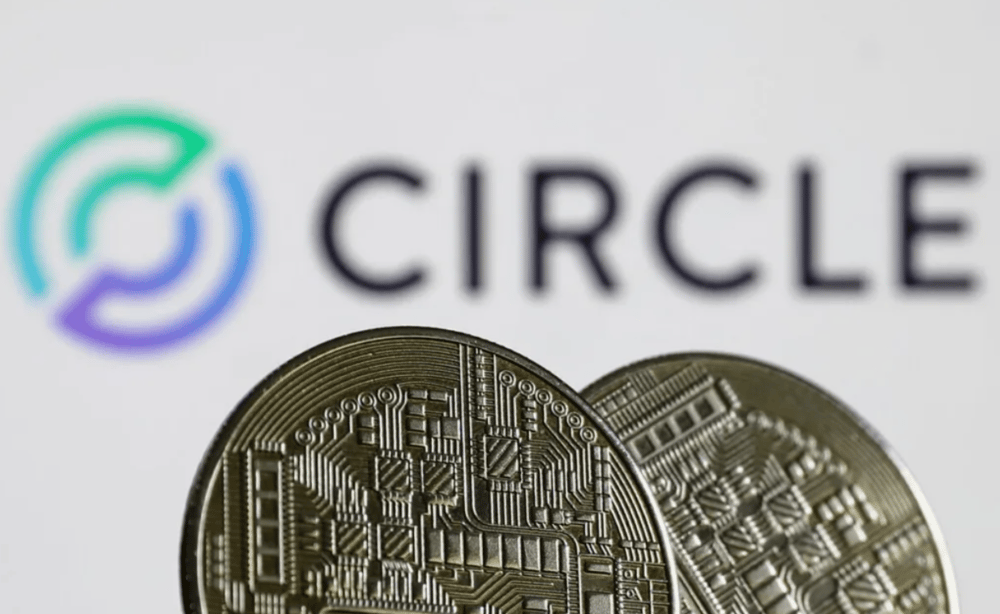The deadline for the submission of "best offers" in US trade negotiations expired on Wednesday without official statements, deepening uncertainty surrounding tariffs and supply chain disruptions. The Switch 2, predominantly manufactured in China and sold in Japan, faces significant market unpredictability in terms of availability and pricing. Meanwhile, escalating political tensions in the US, including President Donald Trump’s recent travel bans on citizens from 12 countries, add complexity to international economic relations. Against this backdrop, Japan is deploying its chief trade negotiator Ryosei Akazawa to Washington, while Germany’s new Chancellor Friedrich Merz is also set to meet Trump, signaling a critical juncture in US trade diplomacy.
Impact of Tariff Uncertainty and Political Dynamics on US-Japan Trade and Global Supply Chains
The manufacturing of Switch 2 in China and its sale primarily in Japan places it at the nexus of current trade frictions. Tariff volatility, coupled with disrupted supply chains, creates unpredictability in both production costs and retail pricing. Such instability can influence consumer demand in the Japanese market, as well as broader regional economic trends. Trade tariffs often increase costs for manufacturers and importers, potentially inflating prices for end consumers.
The expiration of the US deadline for “best offers” without public disclosures suggests that negotiations remain complex and unresolved. This indecision coincides with heightened geopolitical tensions, exemplified by President Trump’s travel restrictions, which may undermine broader trade cooperation efforts.
Japan’s strategic move to send Ryosei Akazawa as the lead trade negotiator underlines Tokyo’s commitment to securing a trade agreement that mitigates tariff impacts and stabilizes supply chains. Simultaneously, German Chancellor Friedrich Merz’s visit to Washington emphasizes the interconnected nature of global trade diplomacy, with European interests aligning closely with US trade policies.
The USD/JPY currency pair is expected to remain sensitive to the outcomes of these negotiations, given their implications for cross-border trade flows and investment sentiment. Tariff uncertainties tend to foster market volatility, influencing exchange rates and investor risk appetite.
US-Japan Trade and Political Developments
Switch 2 is mainly produced in China and sold in Japan, affected by tariff and supply chain uncertainties
US deadline for submission of “best offers” in trade talks expired Wednesday with no public statement
President Donald Trump announced travel bans for citizens of 12 countries, escalating political tensions
Japan’s chief trade negotiator Ryosei Akazawa dispatched to Washington for ongoing talks
German Chancellor Friedrich Merz scheduled to meet President Trump in the Oval Office
USD/JPY exchange rate expected to respond to negotiation outcomes and geopolitical developments
Market and Diplomatic Reactions to Trade and Political Uncertainties
Market analysts note that continued uncertainty in US-Japan trade negotiations exerts downward pressure on Japanese equities and increases volatility in the USD/JPY currency pair. Supply chain disruptions linked to tariff unpredictability threaten the pricing and availability of consumer electronics like Switch 2, potentially dampening demand and production forecasts.
Political developments such as travel bans complicate the international environment, introducing additional non-tariff barriers that could further slow global trade flows. Diplomatic missions, including Japan’s and Germany’s high-level delegations to Washington, signal intensified efforts to negotiate favorable trade terms and restore some stability to international commerce.
Experts suggest that resolving tariff disputes promptly is critical to preventing further damage to cross-border supply chains and currency stability. The intersection of economic and political factors highlights the complexity of modern trade negotiations, where geopolitical tensions and trade policy are increasingly intertwined.
Key Takeaways
The expiration of the US “best offers” deadline without announcements indicates stalled trade talks, prolonging tariff uncertainty.
Switch 2 production and pricing are vulnerable to supply chain disruptions and tariff volatility.
Political tensions, including US travel bans, exacerbate trade negotiation challenges.
Japan’s negotiation efforts via Ryosei Akazawa demonstrate Tokyo’s proactive approach to tariff mitigation.
Germany’s Chancellor Friedrich Merz’s Washington visit underscores the broader European stake in US trade policies.
The USD/JPY currency pair remains sensitive to these developments, reflecting broader market risk sentiment.
Importance of US-Japan Trade Negotiations and Political Stability for Global Supply Chains and Currency Markets
The unfolding US-Japan trade negotiations amid tariff uncertainties and geopolitical tensions represent a pivotal moment for bilateral relations and global supply chains. The resolution of these disputes is critical to stabilizing the pricing and availability of key products such as the Switch 2, as well as maintaining investor confidence in the USD/JPY currency market.
Moreover, the simultaneous diplomatic initiatives by Japan and Germany highlight the interconnected nature of modern trade and political landscapes. A constructive outcome could pave the way for renewed cooperation and reduce market volatility, benefiting economies beyond the immediate bilateral context.








This mix of silent trade talks and rising political tensions makes the future of global commerce feel unpredictable.
This intricate mix of policy shifts and market volatility is setting the stage for widespread global uncertainty.